Microsoft wanted to sell 200 million Xbox Ones, says Phil Spencer
5 min. read
Published on
Read our disclosure page to find out how can you help Windows Report sustain the editorial team. Read more
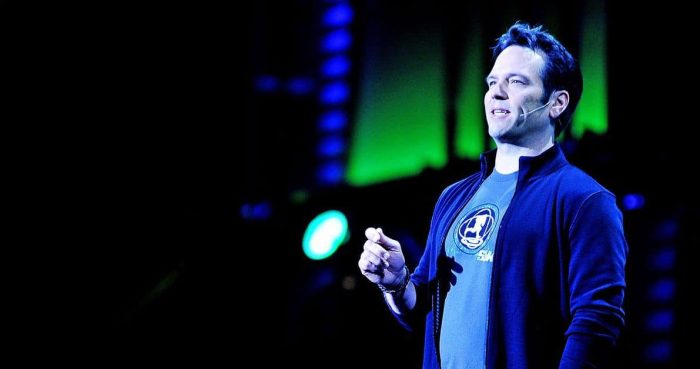
Head of Xbox Phil Spencer recently visited Australia for the launch of hit first-party title Forza Horizon 3 (which is set in Australia, in case you didn’t know it) and the exec gave an interesting interview to Australian website Stevivor. Spencer, a 27 years Microsoft veteran and long time Xbox exec had a lot to share about the team’s original vision for the Xbox One.
As you may recall, previous Xbox head Don Mattrick initially introduced the Xbox One as an all-in-one entertainment device back in 2013, with a heavy emphasis on Kinect, digital content and TV. While the response from Xbox enthusiasts was far from great at the time, Spencer still thinks that “there were some goals that were genuine and well-founded.” Moreover, the exec explained that the previous Xbox team (which he belonged) thought that a more versatile Xbox could potentially be much more popular in the market than previous consoles which have been laser-focused on video games:
The goal that the team had was to figure out how could we sell 200 million game consoles. We’ve never seen a console sell that many units. The biggest individual console, the PS2, did 120 million or something like that. The approach the team took was people are moving to OTT Video Services [over-the-top, like Netflix and Stan] and television’s getting disrupted — and if we could build a console that could be at the center of this transition and really embrace not only people playing video games, but also people with the changing habits in television, you really take the console market and the gaming market and you expand it potentially.

At the time, the Xbox team executed on this vision pretty well: the Xbox One was a better multimedia machine than the Playstation 4 thanks to an HDMI pass-through that let users connect other peripherals including cable boxes. Microsoft even created Xbox Entertainment Studios to produce first-party TV content for the console (the studio was disbanded in 2014). “I look at all of those and from a pure business standpoint and goals, they’re all completely sound ideas. It’s not like somebody was out with evil thoughts or something. It’s a rational approach,” added Spencer.
However, consumers voted with their wallets and it became clear early on that the Xbox One, which was initially $100 more expensive than the Playstation 4 was trailing behind its rival. When Spencer became the new head of Xbox back in 2014, he knew that the Xbox team should clearly refocus the Xbox One on games:
When we came in after two-and-a-half years ago and started running the Xbox program, I centered us back on not trying to become something other than a game console. You don’t earn the right to be relevant in other categories of usage for the console until you’ve earned the gaming right, so let’s go make sure that’s what we deliver.
While the PlayStation 4 reportedly sold twice as more units than the Xbox One so far, this new strategy still seems to have delivered positive results so far. The brand new Xbox One S received some well-deserved praise following its release in the summer and the upcoming Project Scorpio which promises to bring true 4K games on consoles is really exciting. Additionally, the Xbox Play Anywhere initiative which lets gamers buy a game once and play it on an Xbox One or a Windows 10 PC is a great way to give more value to Xbox enthusiasts.

According to the current head of Xbox, the technology giant now takes video games very seriously. “The idea that video games are a category that Microsoft should go be in a whole number level, full support, it only happened a number of years ago,” he explained. Moreover, Microsoft execs are well aware that all big tech companies are currently investing in video games and Redmond can’t really afford to lose its edge in this market:
Today, if you sit down with Satya Nadella, the CEO, Amy Hood, the CFO of the company, they will talk about gaming as a core capability of Microsoft, not gaming as a bridge to somethings else, but gaming into itself. It’s not just Microsoft, you see Google investing time in gaming, you see Facebook buying Oculus, you see Amazon buying Twitch, you see multi-billion dollar transactions going on at the gaming space, not so you can go be something else, but because gaming is a very high engagement, high monetization use on any electronic device that you see.
In the end, Microsoft may never be able to sell 200 million Xbox One consoles during this generation, but we guess that it doesn’t really matter anymore for the company. This year, Redmond stopped reporting Xbox One sales during its quarterly earning reports, claiming that Xbox Live engagement was a more important metric to consider, although it will be reporting Gaming Revenue in future earnings reports. Indeed, the Xbox ecosystem now includes Windows 10 devices as well, and the Xbox Play Anywhere initiative and the ID@XBOX program could be instrumental to make Xbox games much more popular and accessible to everyone. Lastly, Microsoft may well delight hardcore gamers disappointed by the recently unveiled PlayStation 4 Pro with its top-of-the-line Project Scorpio next year. Do you trust Phil Spencer and Microsoft to push Xbox to the next level? Let us know your thoughts about the future of Xbox in the comments below.
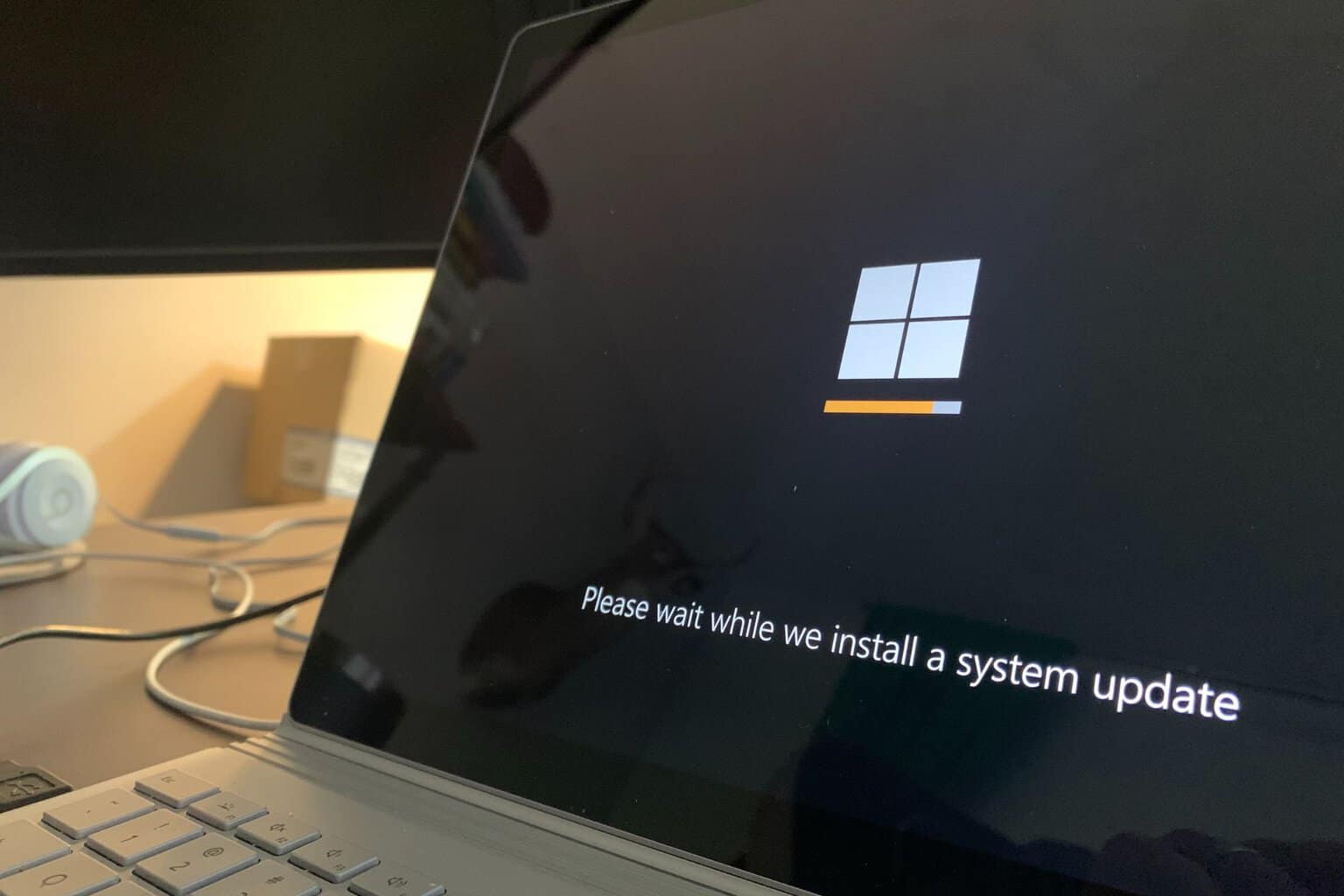
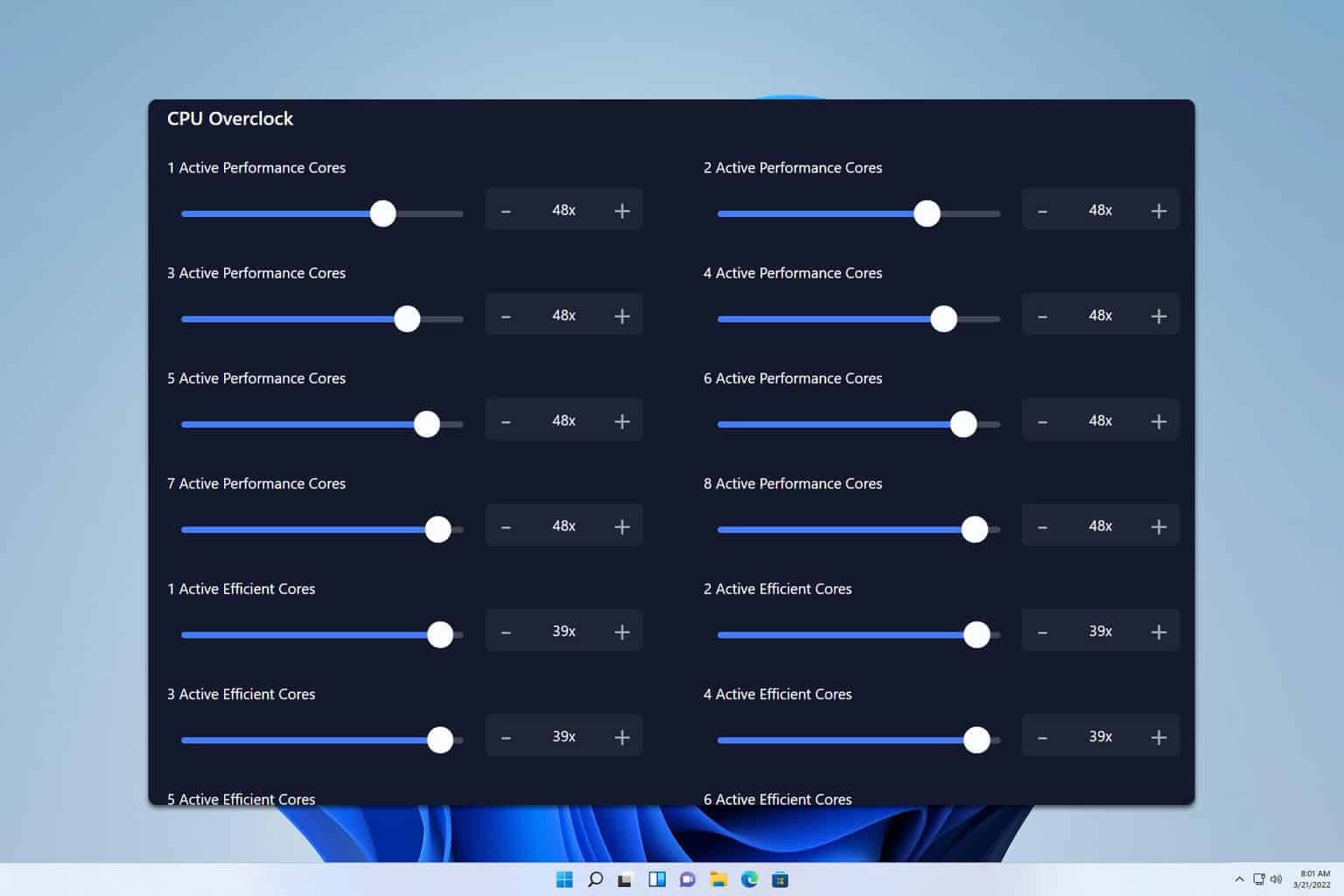
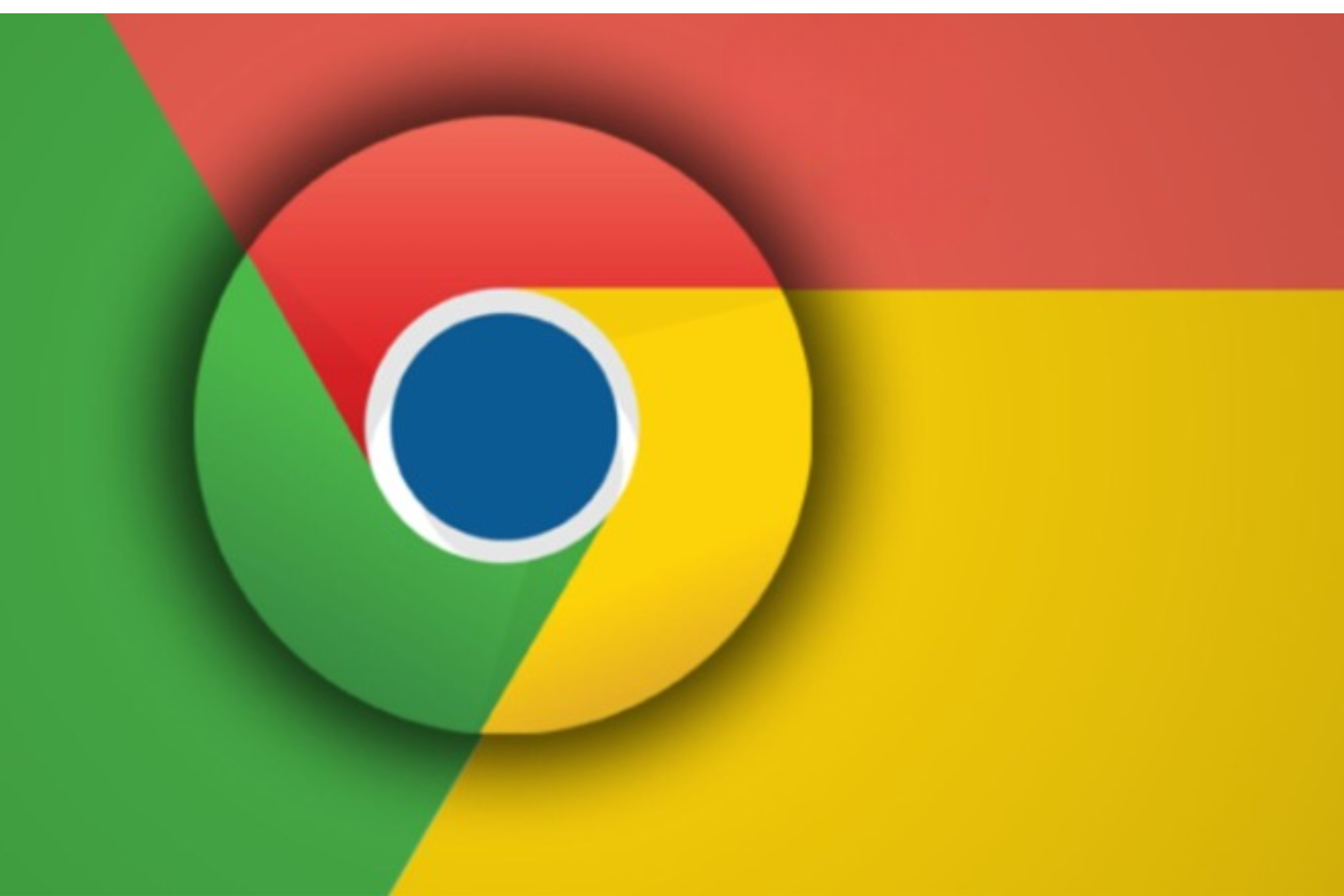
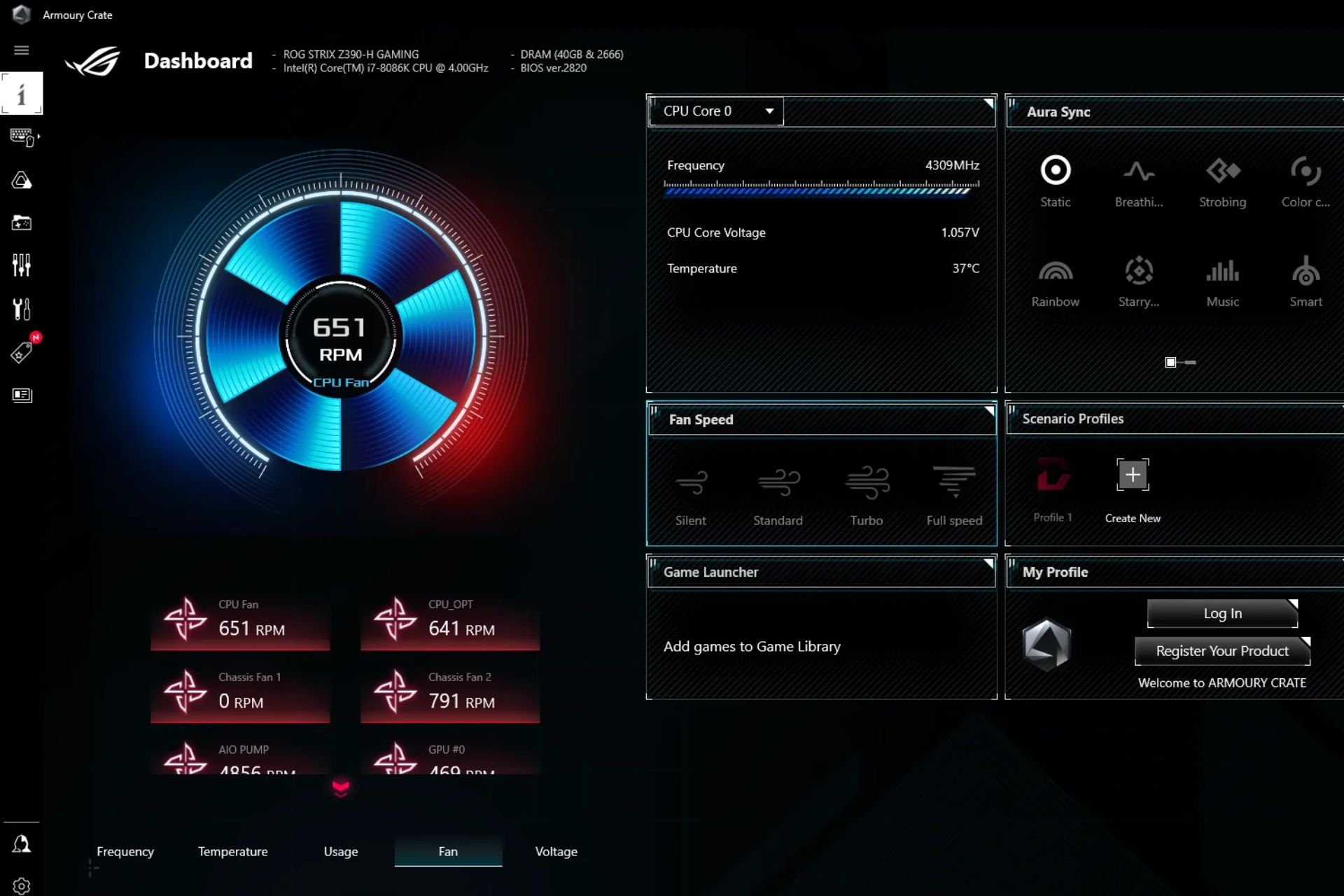
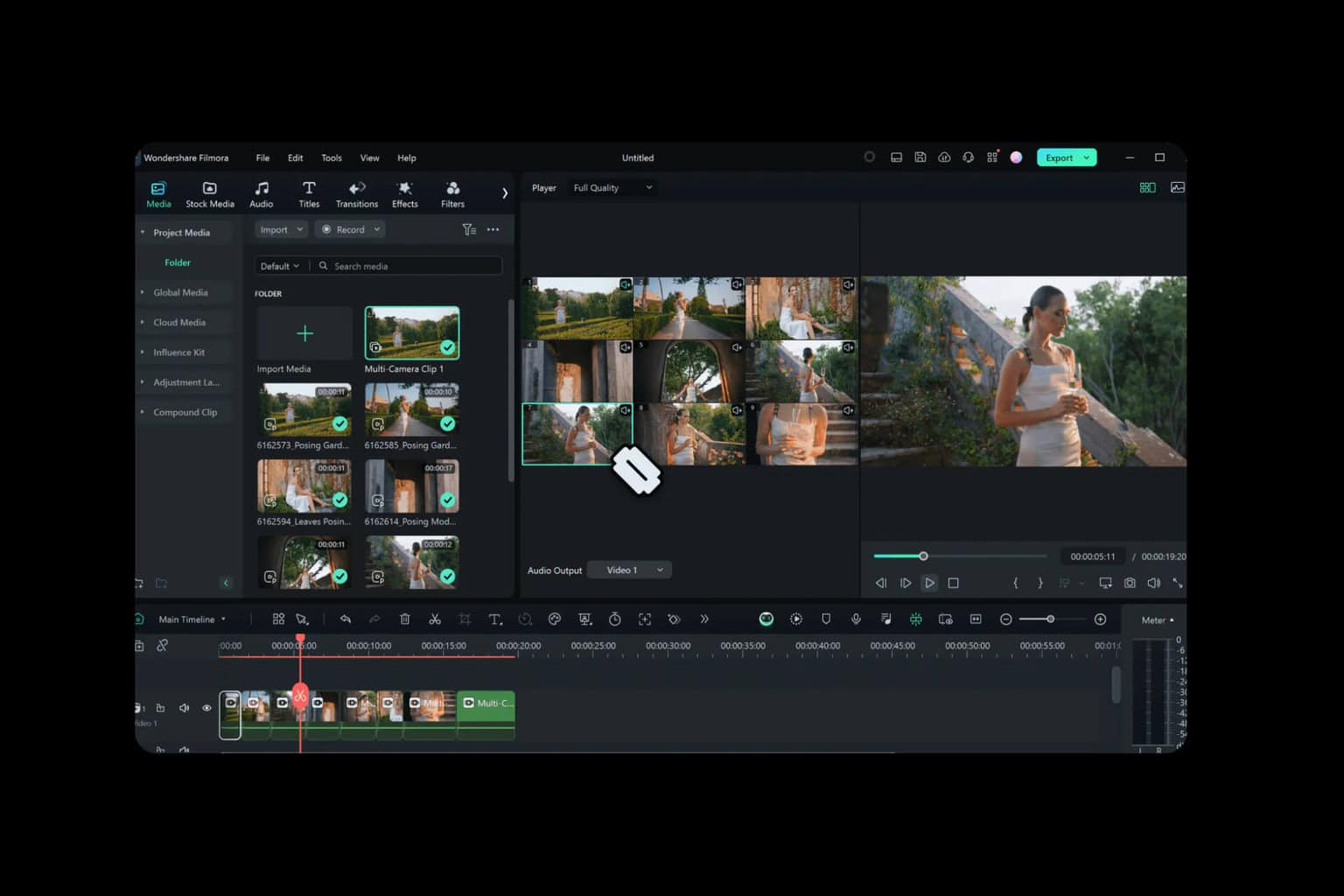

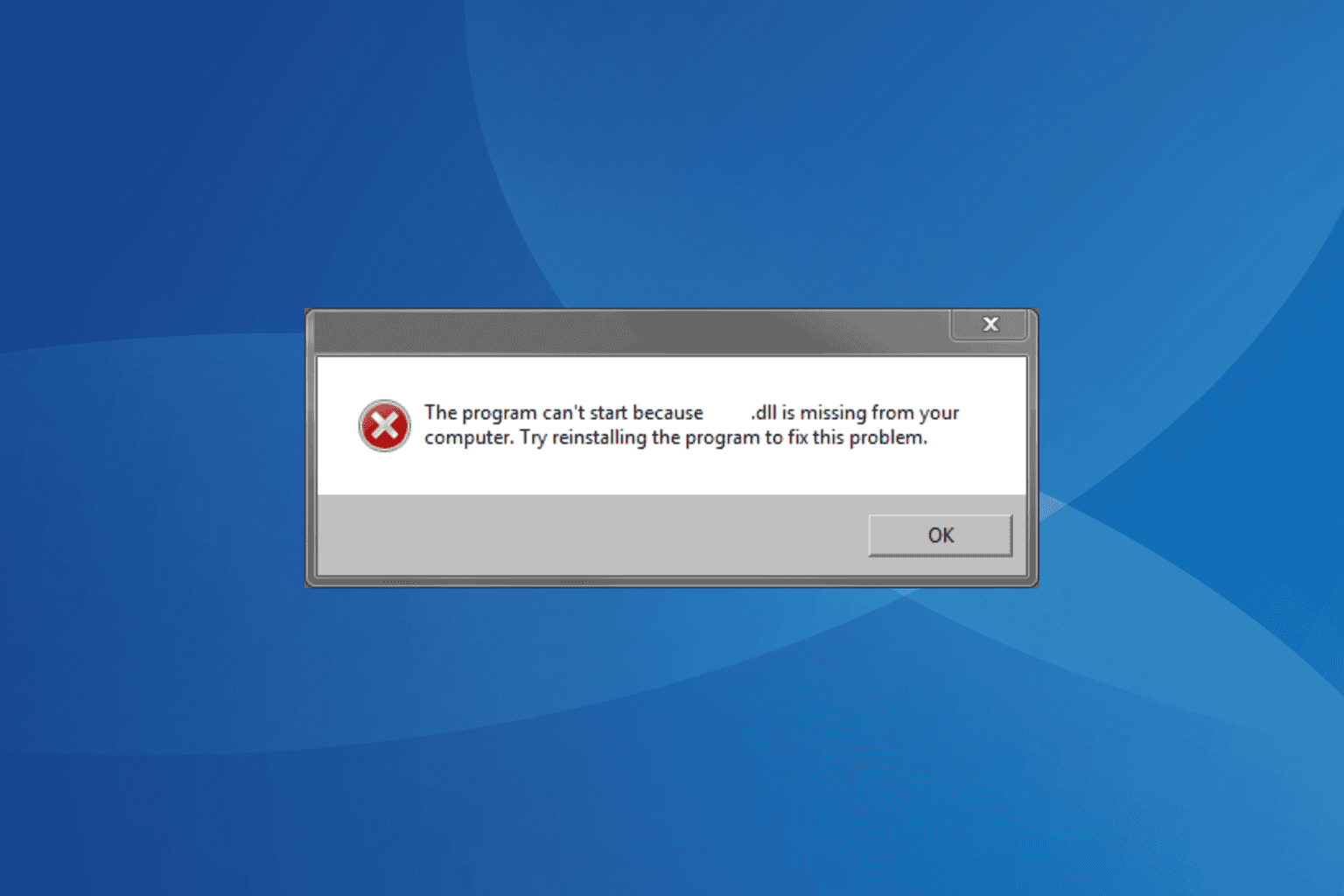
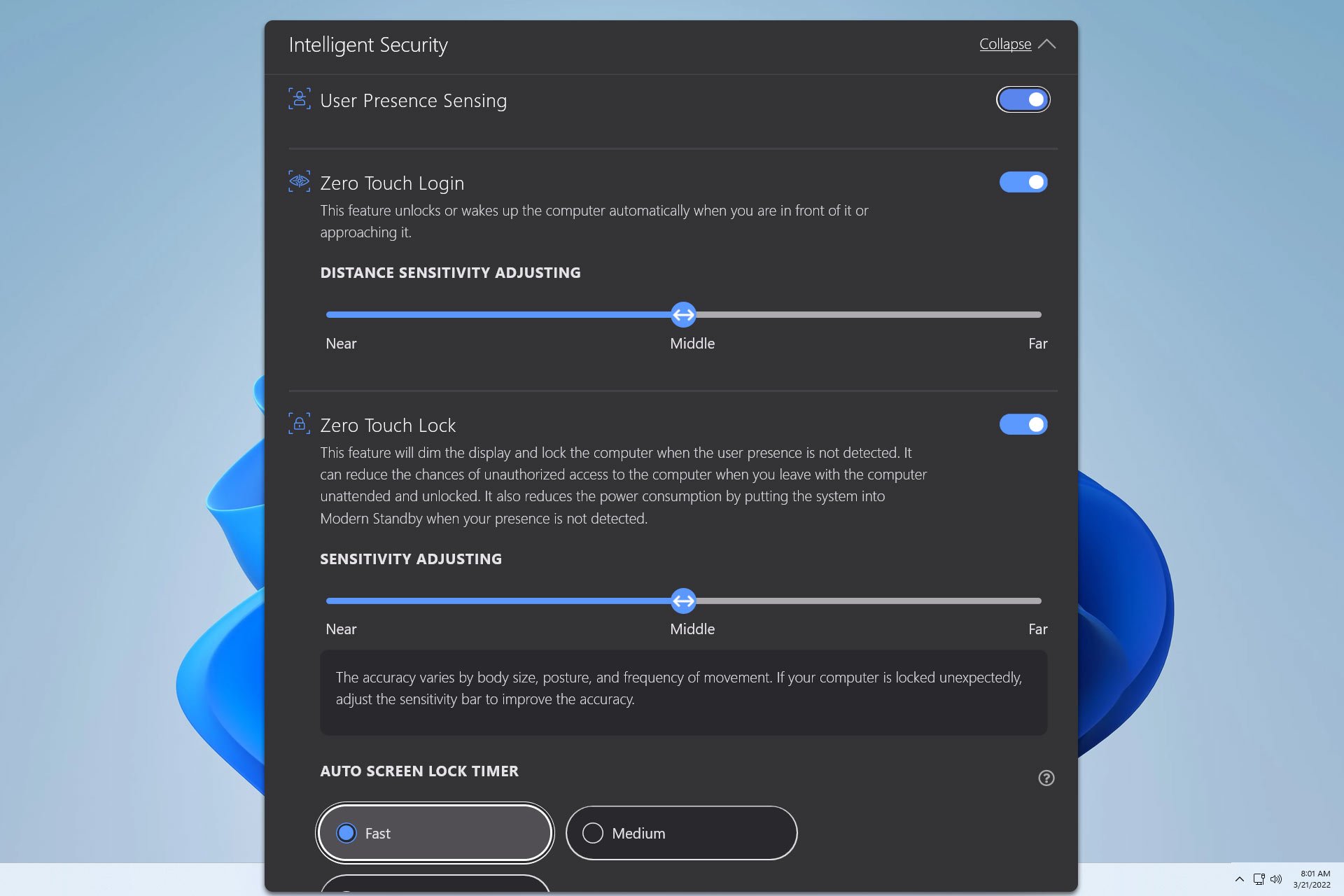
User forum
0 messages